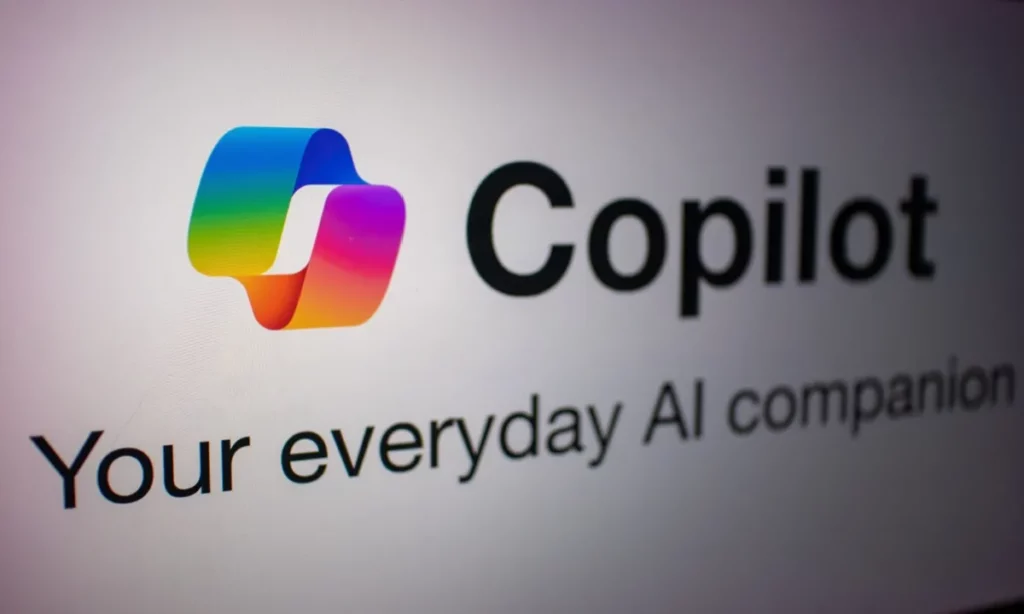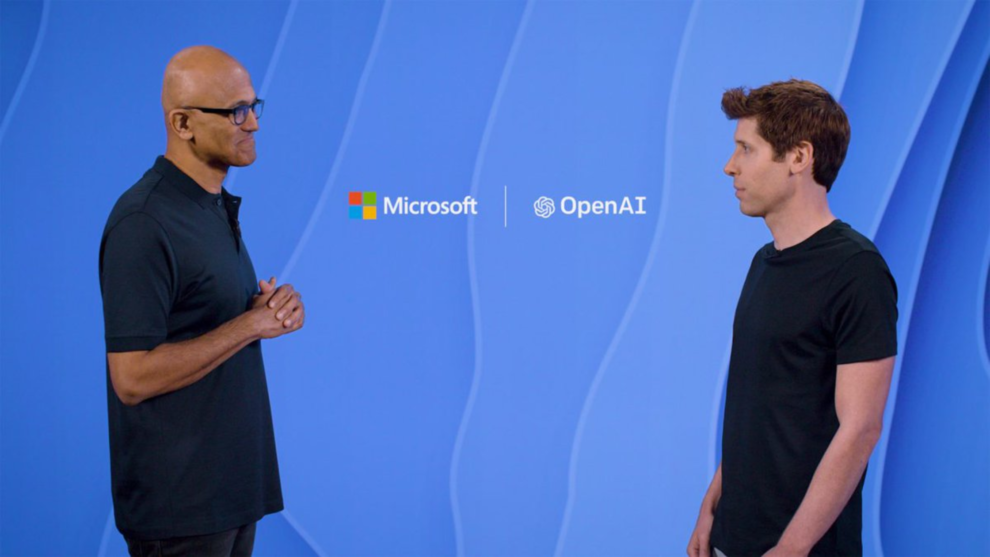Microsoft’s ambitious vision for artificial intelligence, centered around its flagship Copilot assistant, is facing significant headwinds as the company grapples with mounting customer dissatisfaction, internal skepticism, and questions about the massive financial investment required to realize its AI dreams. One year after CEO Satya Nadella’s bold declaration that Copilot would “fundamentally transform our relationship with technology,” the reality has fallen considerably short of the rhetoric.
The scale of Microsoft’s commitment to AI is staggering. The company plans to invest over $100 billion in GPUs and data centers by 2027, while its current capital expenditure has reached a record $20 billion in the most recent quarter – surpassing its payroll costs for the first time in company history. By the end of 2024, Microsoft aims to amass 1.8 million GPUs, each costing approximately $30,000, and plans to triple its data center capacity to the equivalent of powering three New York Cities by mid-2025.
However, customer feedback and internal assessments paint a concerning picture of Copilot’s performance. A recent Gartner survey of 123 IT leaders revealed that only four reported significant value from the tool, while nearly three-quarters of users struggle to integrate it into their daily workflows. The tool’s effectiveness has been particularly questioned, with one Microsoft executive candidly admitting that only “one out of 10 times is magic. The rest of the time it’s: Why do we even try?”
Security concerns have emerged as a major obstacle to Copilot’s adoption. The tool’s ability to access and index company-wide information has exposed unexpected vulnerabilities, with some customers discovering that employees could potentially access sensitive information including executive emails and HR documents. This has led to implementation delays, with 40% of IT managers in the Gartner survey postponing Copilot deployment by at least three months.
The financial implications of Microsoft’s AI strategy are reverberating throughout the company. Teams across the organization have experienced budget delays, while traditional revenue-generating divisions like Azure have faced job cuts to fund the AI initiative. The disparity in compensation is striking, with AI employees earning an average of 37% more than their colleagues in other roles, highlighting the company’s prioritization of artificial intelligence talent.
Inside Microsoft, the all-in approach to AI has created division and skepticism. Some employees describe living in a “group delusion” where AI is touted as revolutionary despite lacking the infrastructure to deliver on its promises. Others express frustration at what they see as an overzealous branding strategy, with the Copilot name being attached to virtually every product and feature.
The pricing structure has also drawn criticism, with the $30 monthly per-user fee effectively doubling the cost of Microsoft 365 licenses. Some customers have already begun scaling back their implementation, including a pharmaceutical company that canceled Copilot for 500 employees after six months, citing poor value for money and security concerns.
Microsoft’s competitors have seized upon these struggles, with Salesforce CEO Marc Benioff dismissing Copilot as “Clippy 2.0” and claiming the product has “disappointed so many customers.” Meanwhile, Wall Street’s enthusiasm for generative AI appears to be cooling, with Goldman Sachs questioning whether the massive industry-wide investment will generate sufficient returns.
The company’s response to these challenges has been multifaceted. Microsoft cites examples of successful implementations, such as Lumen Technologies projecting $50 million in annual savings from Copilot usage, and Honeywell reporting productivity gains equivalent to 187 full-time employees. The company has also made over 700 product updates and released more than 150 new features this year based on customer feedback.
However, some of these updates have reportedly made things worse, with employees noting that recent changes to the consumer version of Copilot have resulted in reduced functionality and less accurate responses. This has led to increasing internal frustration about the gap between the company’s ambitious vision and the reality of user experiences.
Despite these challenges, Microsoft’s leadership remains committed to its AI strategy. Jared Spataro, Microsoft’s chief marketing officer of AI at Work, emphasizes the need for “strategic patience,” comparing AI’s importance to the advent of the internet and personal computers. The company appears to be adjusting its narrative, however, with Nadella recently reframing Copilot more modestly as a “UI for AI” rather than a transformative technology.
As Microsoft continues its massive bet on artificial intelligence, the coming months will be crucial in determining whether this strategic gamble will pay off. The company’s ability to address security concerns, improve functionality, and demonstrate clear value to customers while managing its unprecedented investment in AI infrastructure will likely determine whether Copilot becomes the revolutionary tool it promises to be, or joins Clippy in Microsoft’s gallery of ambitious but ultimately disappointing innovations.
















Add Comment